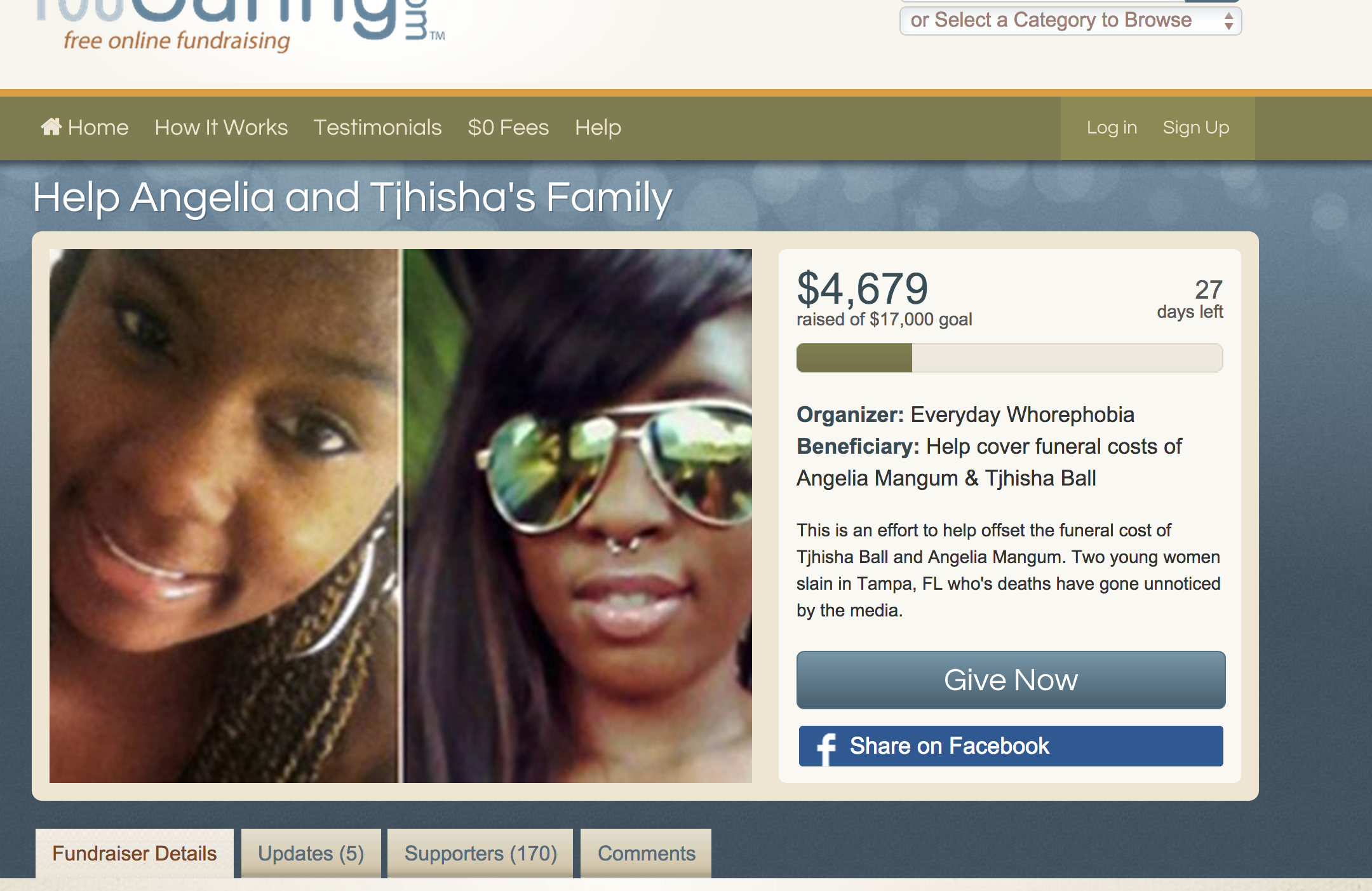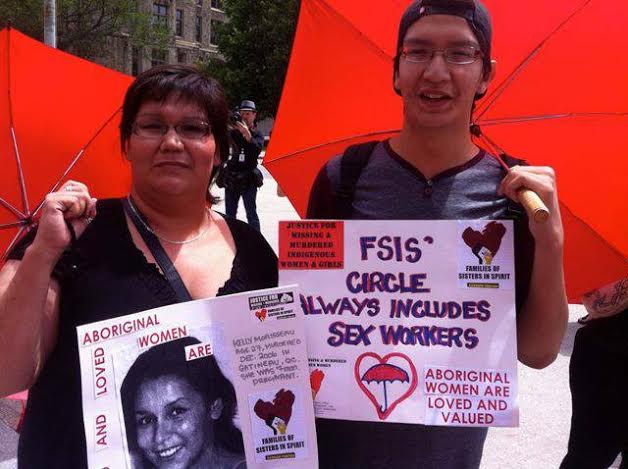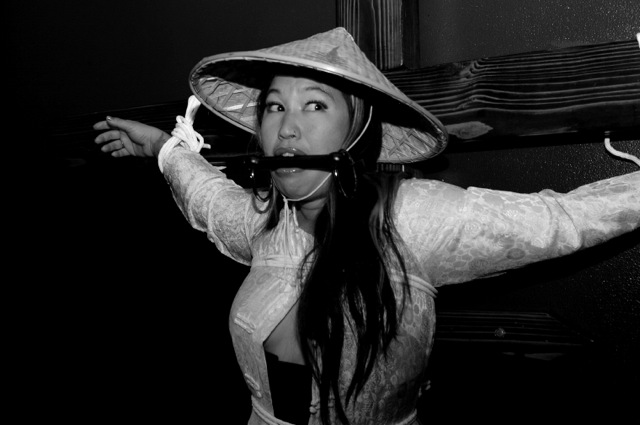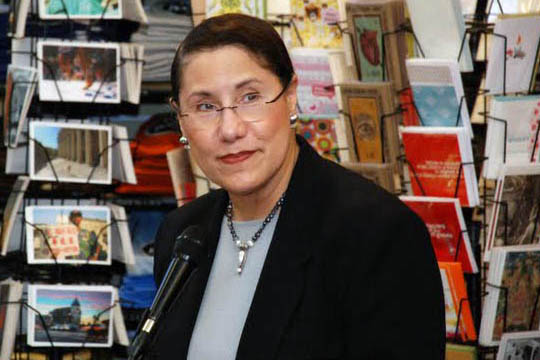Tjhisha Ball and Angelia Mangum: Two names you should know but probably don’t. Tjhisha Ball and Angelia Mangum were 19 and 18 years old, respectively, two young women who were brutally murdered on September 18th. Their bodies were found in Duval County, Florida, reportedly thrown off an overpass, by passerby in the wee hours of… Continue reading More Than Silence: Tjhisha Ball, Angelia Mangum, and the Erasure of Black Sex Workers
Category: Race
Prostitution Laws: Protecting Canada’s Crackers Since 1867
The stated legislative objectives of the prostitution laws that the Canadian Supreme Court recently struck down in Bedford v. Canada were the prevention of public nuisances and the exploitation of prostitutes. However, upon closer examination of the history of these laws, their real objectives become transparent. Canada’s anti-prostitution laws were really there to protect society’s… Continue reading Prostitution Laws: Protecting Canada’s Crackers Since 1867
World Leaders: An East Asian Sex Worker Round Table
Participants: Ho Lee Fuk 1, Nada 2, Christian Vega3, and Kate Zen; moderated by Mariko Passion We at Tits and Sass wanted to run a series on racial fetishization in sex work. We were interested in questions like “What is it like for sex workers of color to labor in an industry where customers’ racist… Continue reading World Leaders: An East Asian Sex Worker Round Table
Who Gets Left Out: The People Who Coined The Term—Addendum to the Respectability Politics Round Table
When we posted the Respectability Politics Round Table, Black beauty blogger and sex worker Peechington Marie immediately spoke up on Tumblr with a well-justified critique: Why, given that the term “respectability politics” itself originated within Black feminist scholarship, did the round table not include any Black sex workers as participants? We apologized for having this… Continue reading Who Gets Left Out: The People Who Coined The Term—Addendum to the Respectability Politics Round Table
Pole Dancing Doesn’t Make You A Stripper, Twerking Doesn’t Make You Black
Chanel: When thinking about Miley’s horrible performance at the VMAs, I let out a big sigh. Where do I begin? There was so much wrong with her performance. It wasn’t tasteful or well-choreographed. I wasn’t expecting her to slip back into her role as Hannah Montana and give the VMAs a sweet and boring show,… Continue reading Pole Dancing Doesn’t Make You A Stripper, Twerking Doesn’t Make You Black



